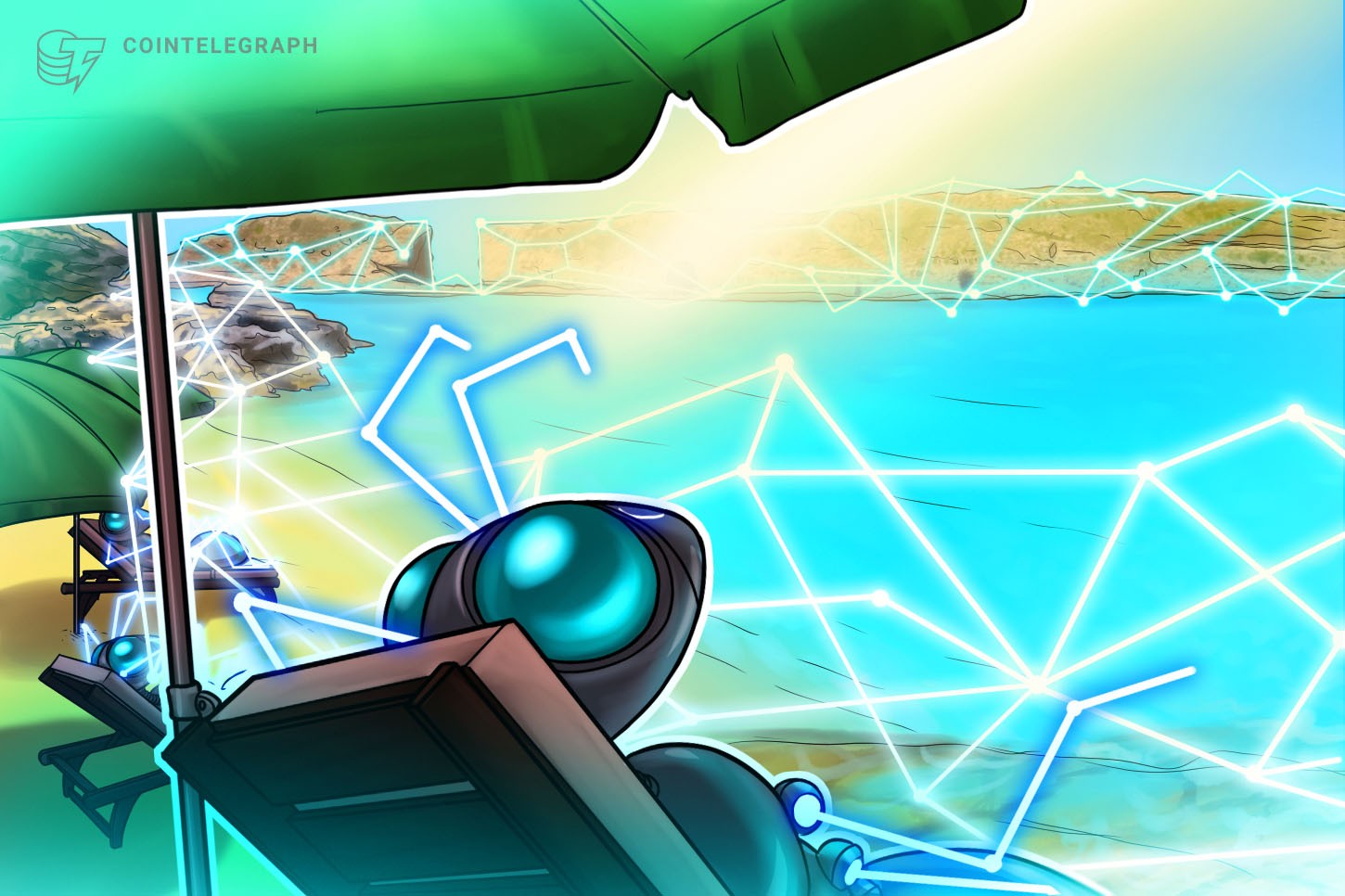Silvio Schembri is Junior Minister for Financial Services, Digital Economy and Innovation within the Office of the Prime Minister of Malta
Malta becoming the “Blockchain Island” is no longer a distant dream but a reality, which — within a very short time frame and through our tireless commitment to incorporate, use and embrace this new, emergent technology — has propelled our country to the forefront of the blockchain sphere; reaffirming our position as a main point of reference for other countries that will inevitably follow.
The latest announcements by the Malta Financial Services Authority (MFSA) and the Malta Digital Innovation Authority (MDIA) were highly significant for investors and operators who are looking at establishing their operations and headquarters in Malta. It was an important achievement for the Blockchain Island when the MFSA approved the first Virtual Financial Assets (VFA) agents, later followed by the MDIA issuing the first accreditation of System Auditors of Innovative Technology Arrangements.
Both VFA agents and the system auditors have a huge responsibility in their hands, as they will act as the gatekeepers of this emergent industry, which the Malta Government estimates will be as big as the gaming sector in a few years’ time.
VFA agents will be assisting their clients according to the Virtual Financial Assets Act while making applications to the MFSA on their behalf. VFA agents are mainly responsible for undertaking preliminary due diligence applicants and conducting the Financial Instrument Test, which represents a two-layered set of mandatory tests set out under the Virtual Financial Assets Act that determines the regulatory regime to which a distributed ledger technology (DLT) asset is subject. The VFA Agents will ultimately submit the application to the MFSA on behalf of their clients.
Hence, VFAs will be the first line of defence and must support the MFSA both before and after the registration supervision process. This means that a rigorous due diligence process is in place that will elevate the credibility and seriousness of Malta as the ultimate jurisdiction of choice for operators that operate in this space.
The interest in what Malta is offering for the flourishing of the blockchain industry was quite overwhelming, with the MFSA receiving over 350 notifications from companies that operate in this sector. Having VFA agents in place and identified, companies and operators in this space can now start undergoing the rigorous process in order to acquire a license.
The same goes for the system auditors accredited by the MDIA, who will carry out reviews on the technological system and will come up with a report based on the guidelines and objectives published by the MDIA. Its objectives are based on five main principles: security, processing integrity, availability, confidentiality and protection of personal data.
The same as the VFA agents duties, the system auditors will assist the MDIA throughout the certification of the clients Innovative Technological Arrangements and Services platforms, meaning that system auditors will be MDIA’s main point of reference.
Bridging the authorities
Besides having the first VFA agents and system auditors in place, there’s another milestone that cannot go unnoticed, and that is the bridging between both authorities — i.e., the MFSA and the MDIA — who will be issuing a license. Companies dealing in virtual currencies may need to engage a system auditor. These auditors are the main bridges between the MFSA and the MDIA.
They are a fundamental component in the regulatory system that will guarantee that the technological arrangements have the necessary standards and criteria. Hence, the bridging of both authorities is key to ensuring the best practices possible for market integrity, financial stability and consumer protection. The laws put into effect on November 2018 are providing legal certainty that operators in disruptive technologies are looking for.
It was an extremely thorough and careful process to arrive at where we are today. From the very beginning, we have set the tone that paving the way for the Blockchain Island will be done in such a way to safeguard the best interest of our jurisdiction. Thus, a lot of activity has been going on ever since the enactment of the laws, and both authorities worked in sync to make the necessary preparations for the licensing process.
Malta in avant-garde
Having this in place puts Malta a step away from being the first jurisdiction in the world to issue the first license in a regulated environment that will allow these businesses to flourish within a strong ecosystem.
Malta has successfully positioned itself at the heart of this sector, and the latest milestone will instill trust and certainty within the DLT sphere, as well as giving investors and consumers peace of mind and legislative recognition from the European central authority. Mostly, we want to incept the prestige among companies that acquire a Maltese license.
In conclusion, I would like to express my heartfelt thanks for the sterling work done by both authorities, which put themselves as focal point in the field of crypto asset regulation. Malta has yet again proved its commitment of embracing new technologies and being home to operators setting foot on the Blockchain Island.
This opinion article presents the contributor’s expert view and it may not reflect the views of Cointelegraph.com. This content has undergone editorial review to ensure clarity and relevance, Cointelegraph remains committed to transparent reporting and upholding the highest standards of journalism. Readers are encouraged to conduct their own research before taking any actions related to the company.


